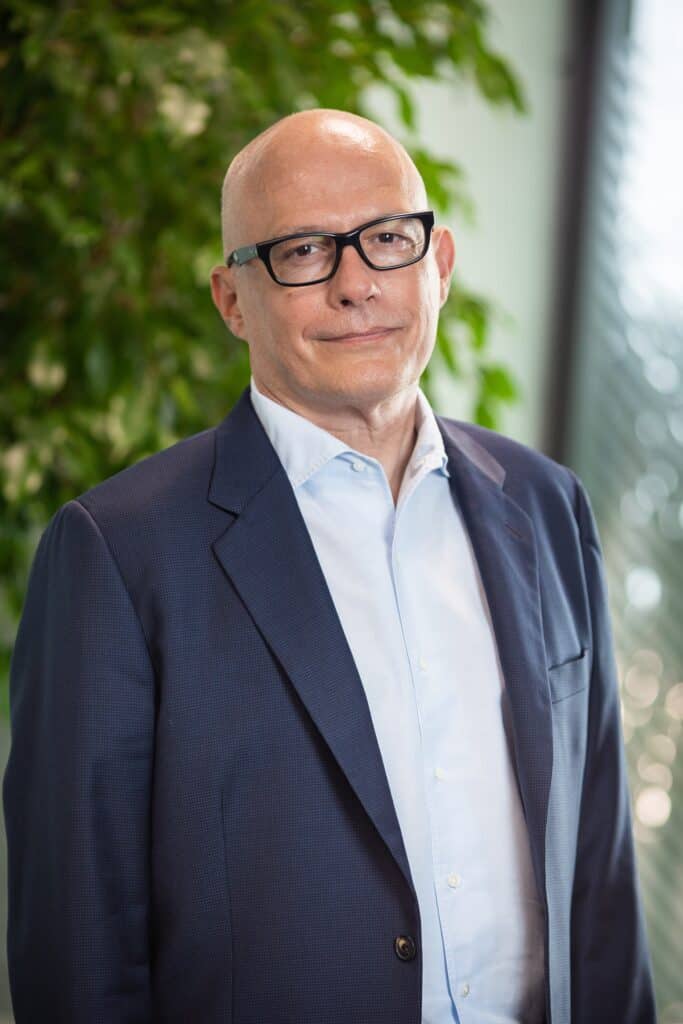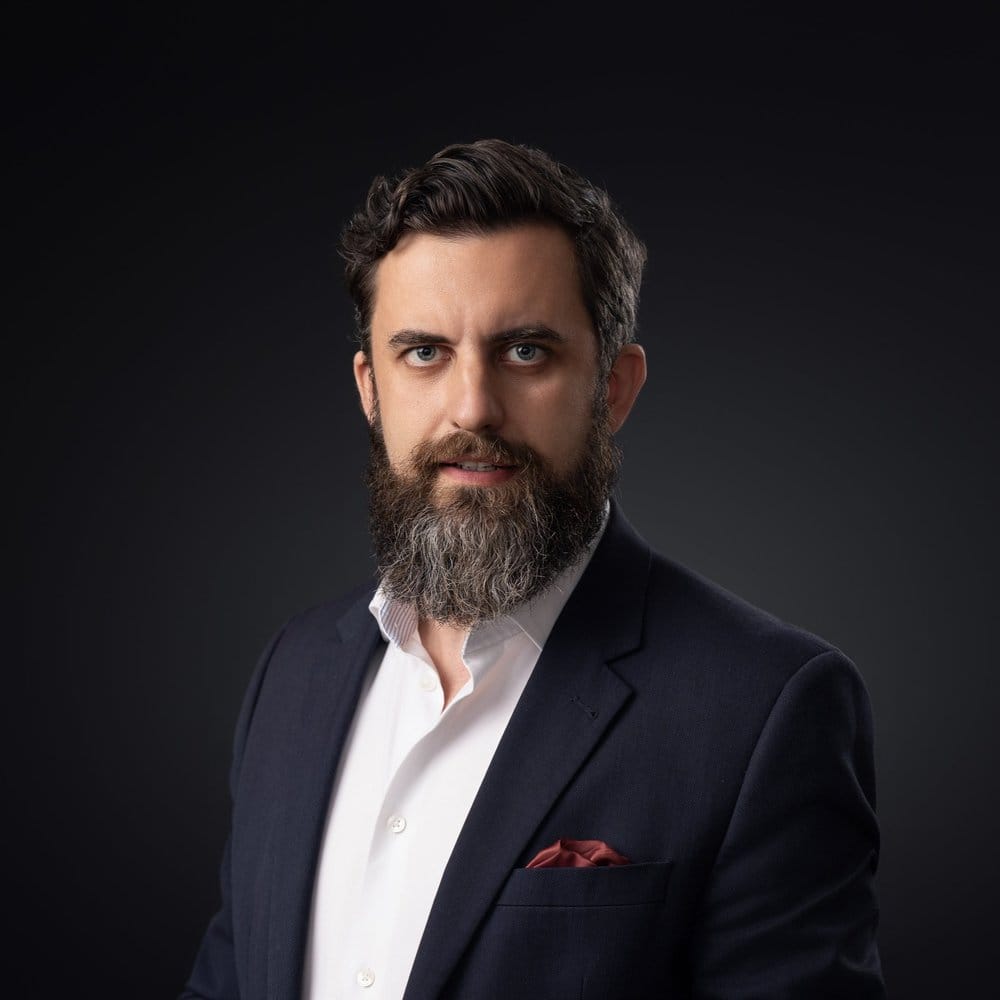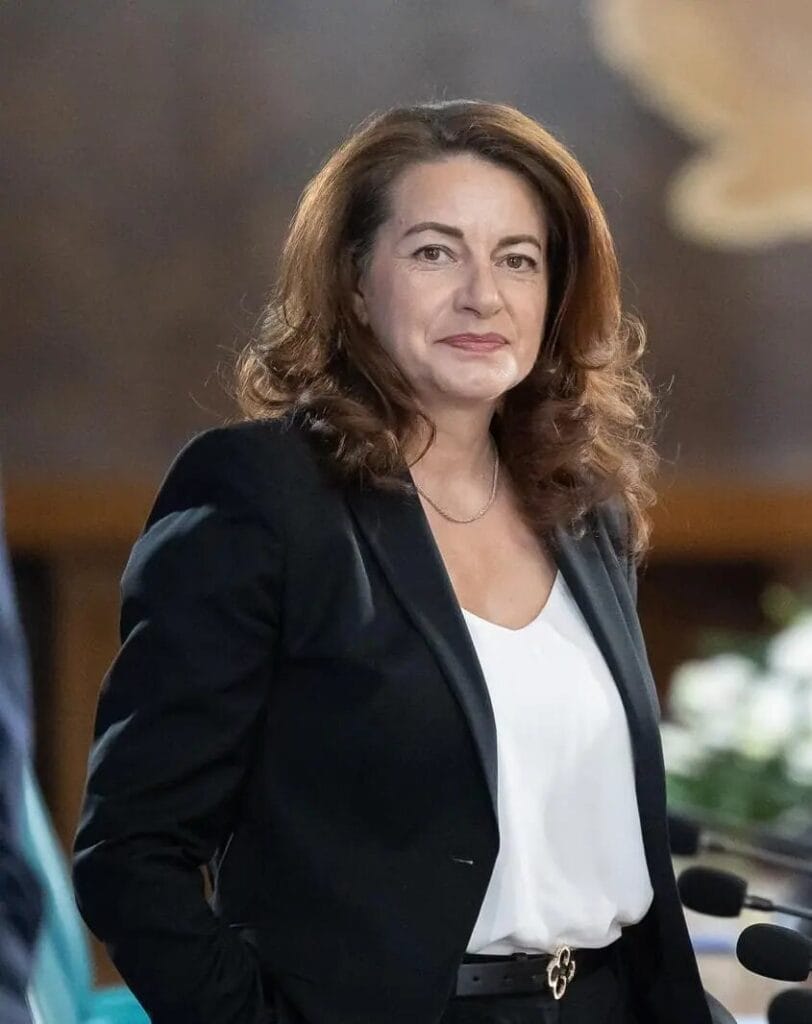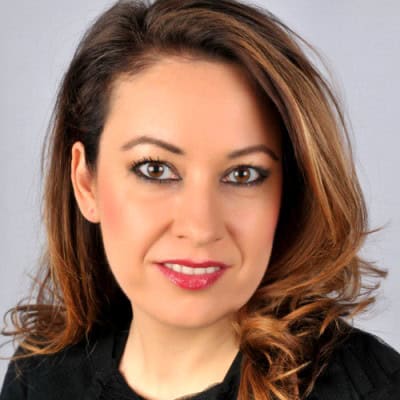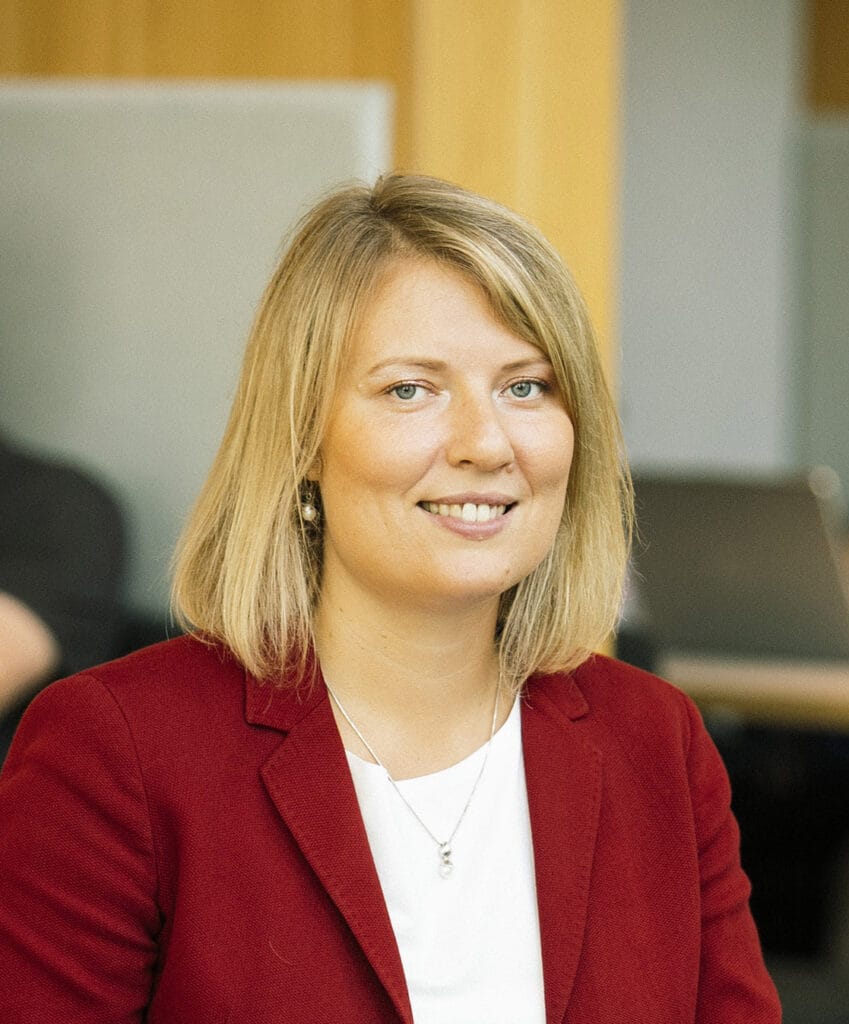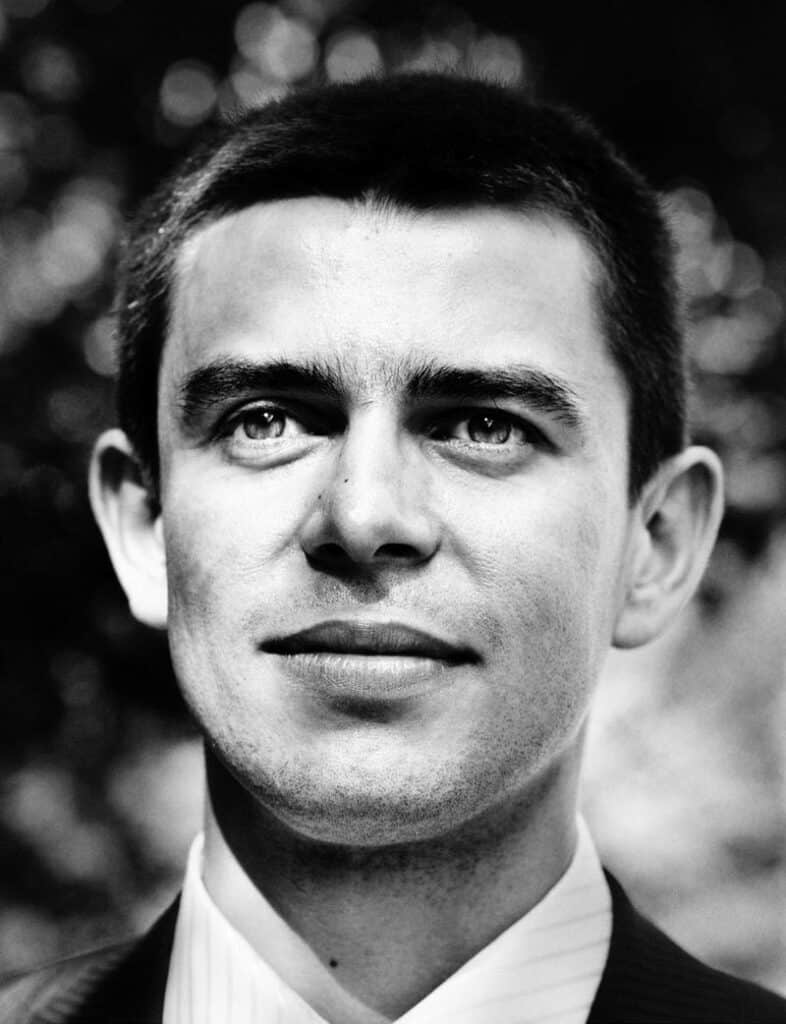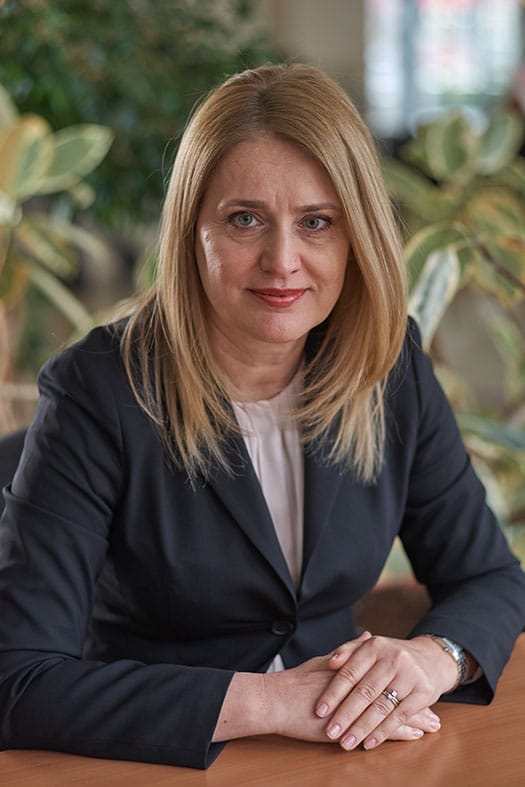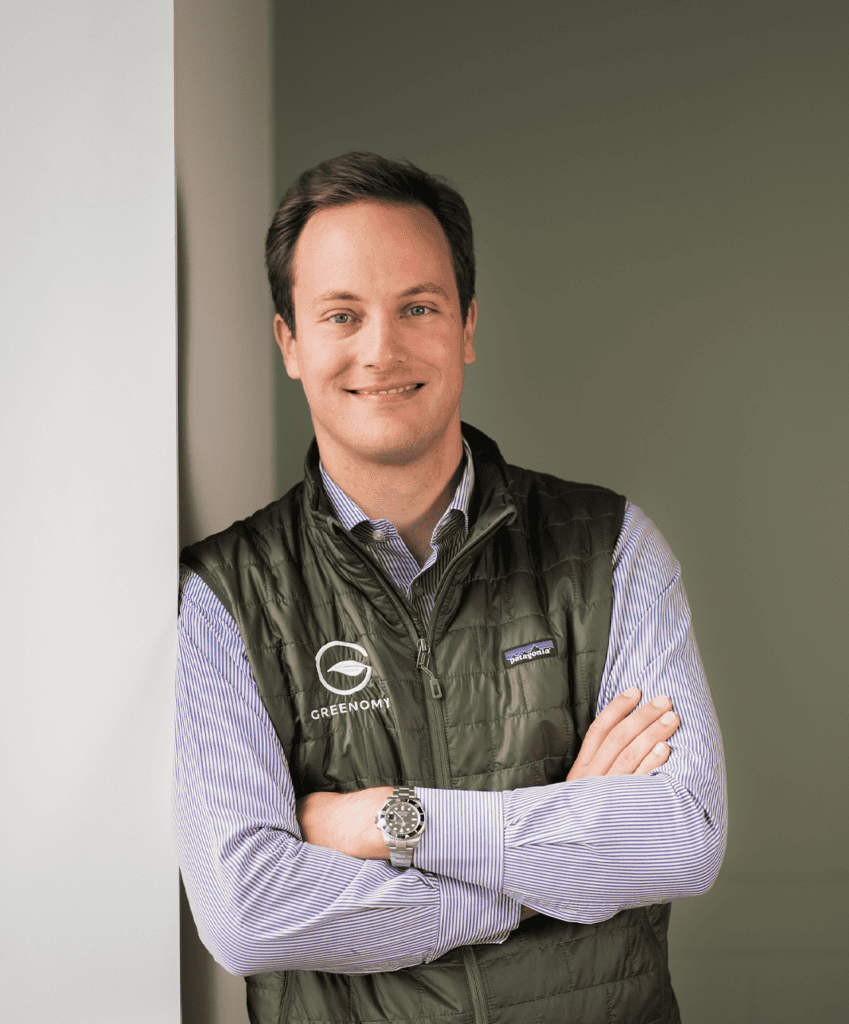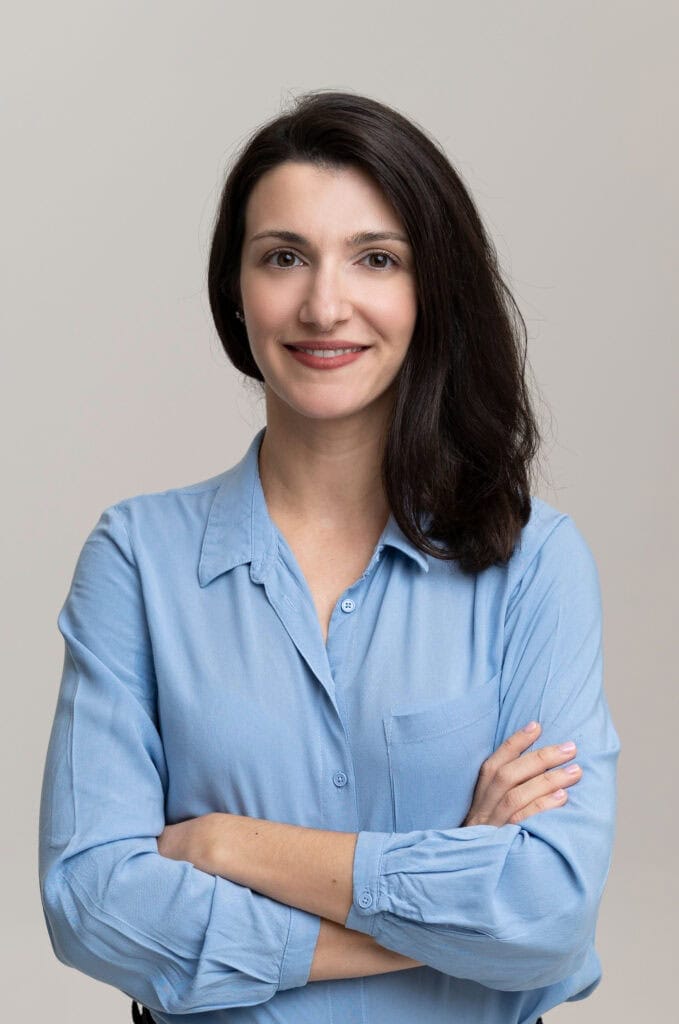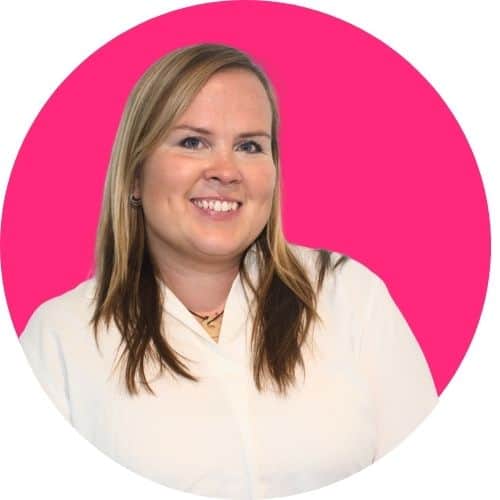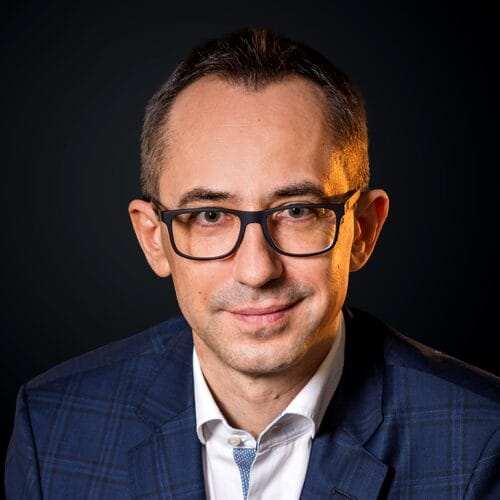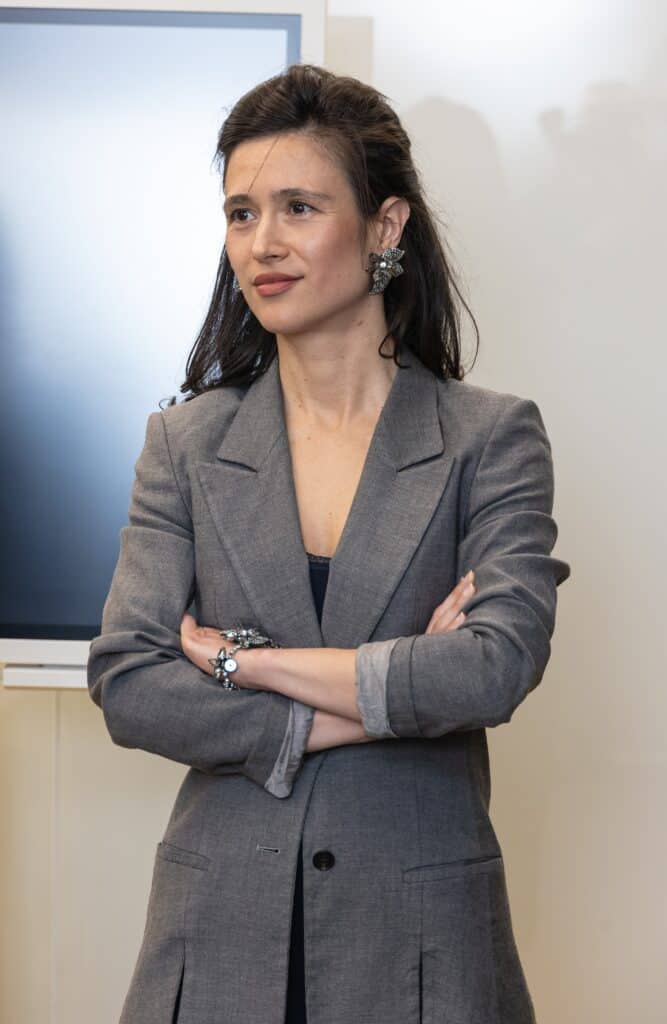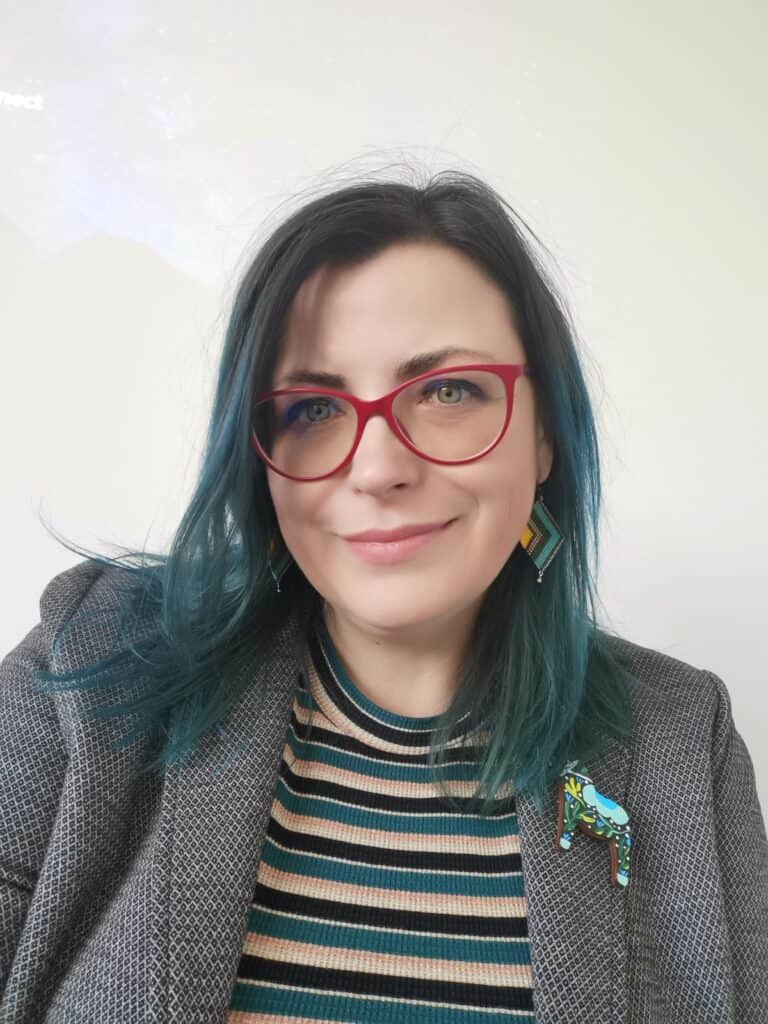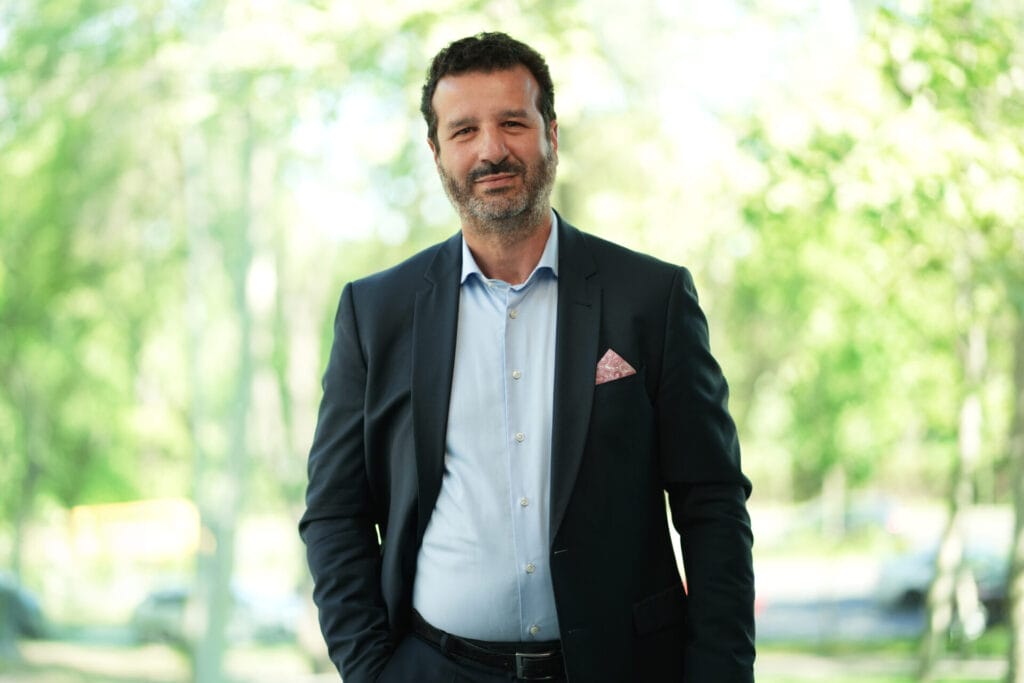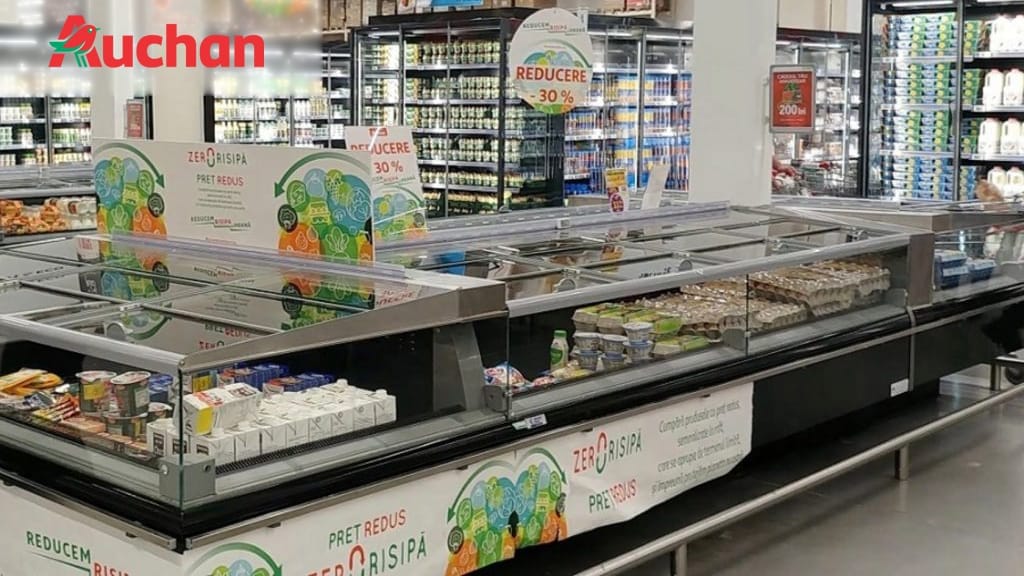
In retail, a certain share of products inevitably approaches their expiration date. The Zero Waste project, launched by Auchan Romania in 2020, addresses this reality by preventing food waste through early identification, accelerated sale in dedicated zones, structured donations, and standardized in-store processes.
Since its launch, the program has evolved into a national initiative, fully integrated into Auchan’s sustainability strategy, with a clear objective: less waste and better freshness on shelves.
The Zero Waste program brings together customers and employees in a joint effort to reduce food loss. Special “Zero Waste” areas in stores offer products close to their expiration date but still meeting quality and safety standards — at reduced prices.
What does food waste really mean, and what is its impact?
Every day, tons of edible food end up in the trash. The impact goes far beyond that: for every wasted product, valuable resources such as water, energy, and agricultural land are consumed, while CO₂ emissions from production and transportation continue to harm the climate.
How does the Zero Waste program work? Trained employees, supported communities
Products approaching their expiry date are identified in advance and redirected to the Zero Waste areas at discounted prices determined using AI-based pricing, while maintaining all quality and compliance standards.
Eligible surpluses are redistributed to vulnerable communities through the Federația Băncilor pentru Alimente din România, – Romanian Food Bank Federation, with dedicated logistics support (including a refrigerated vehicle) to preserve the cold chain integrity.
To ensure consistent implementation, Auchan teams completed in 2024 over 300 hours of training on food waste prevention (in stores, logistics, and headquarters), focusing on first-expired-first-out stock rotation, traceability, and rapid interventions.
This resulted in standardized processes that reduce waste, enhance shelf freshness, and maximize the social impact of donations.
Another important pillar of the fight against food waste is customer donations at checkouts, which support the Federația Băncilor pentru Alimente din România – Food Bank Federation, in its efforts to fight hunger. In 2024, customers donated nearly 500,000 lei, a sum matched by Auchan, resulting in 1.8 million meals for those most in need.
AI Pilot: Demand forecasting for fruits & vegetables
Auchan is currently testing the feasibility of using artificial intelligence to forecast fruit and vegetable orders for specific product categories.
The operational goals include increasing shelf freshness through optimal stock rotation, calibrating order quantities to prevent both overstocking and understocking, and reducing waste through more accurate demand predictions.
Measurable results, real impact
The 2024 results of the Zero Waste program are impressive:
- Over 5 million products saved
- 5.7 million meals provided
- 7,180 tons of CO₂ emissions avoided
Every liter of water saved, every product recovered, and every ton of emissions reduced demonstrate the direct and tangible impact of this program.
Beyond food: A culture of responsible consumption
Zero Waste is more than a program — it’s a mindset. Through social media campaigns, customers discover anti-waste recipes, practical tips, and inspiring stories that promote responsible habits.
Auchan believes that sustainability is built step by step and choice by choice — through the everyday actions that add up to meaningful change.
Curated by Auchan Retail Romania


